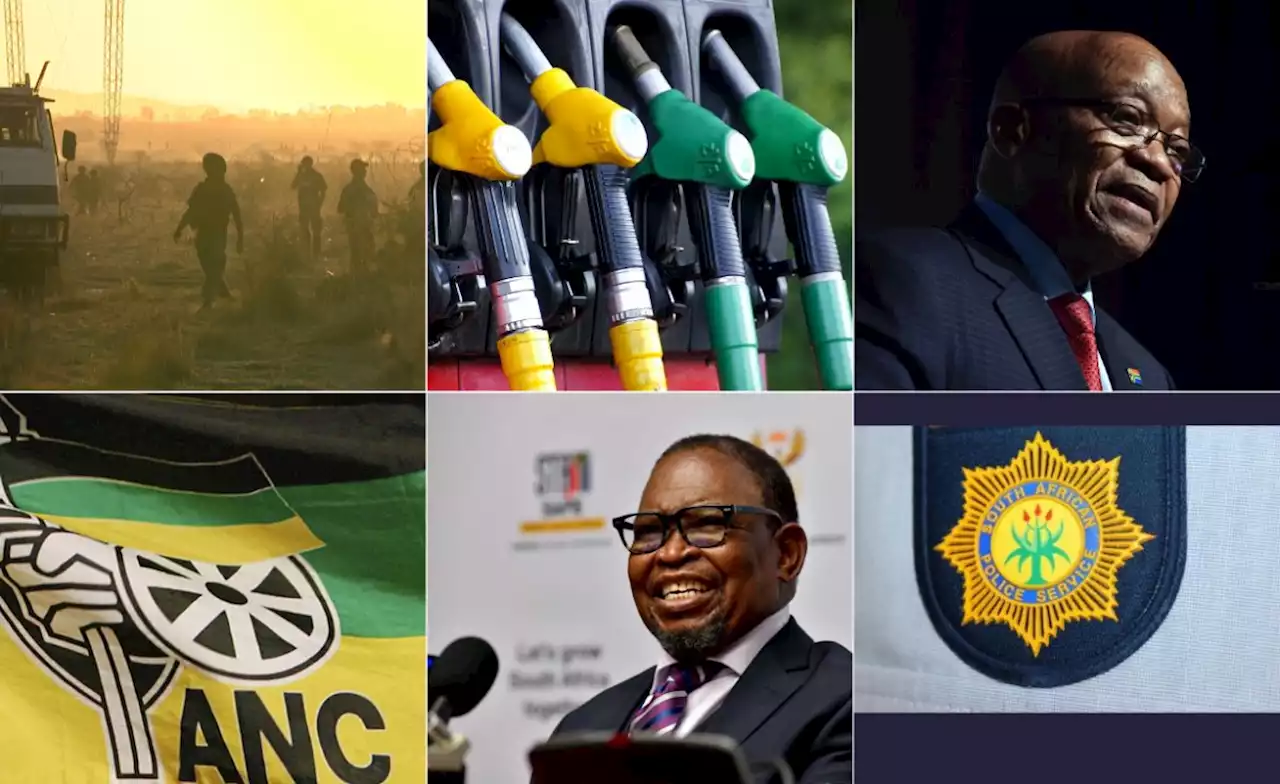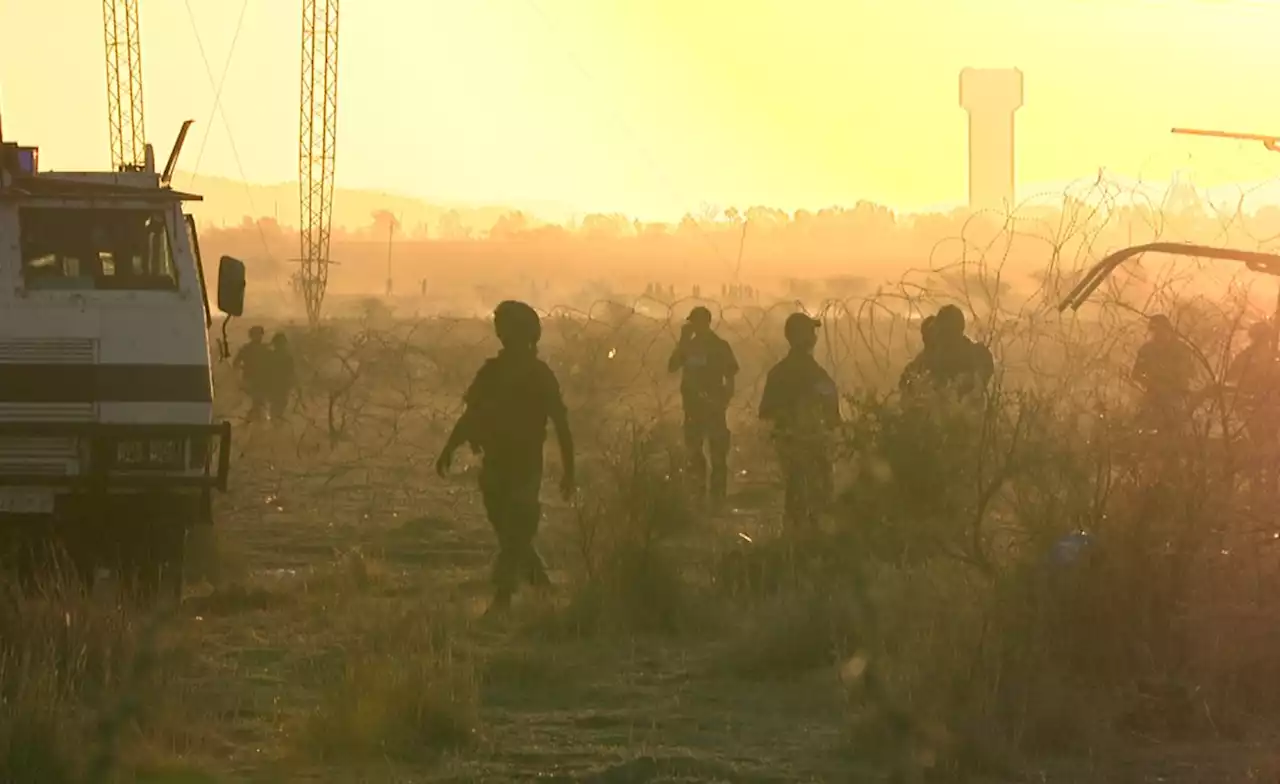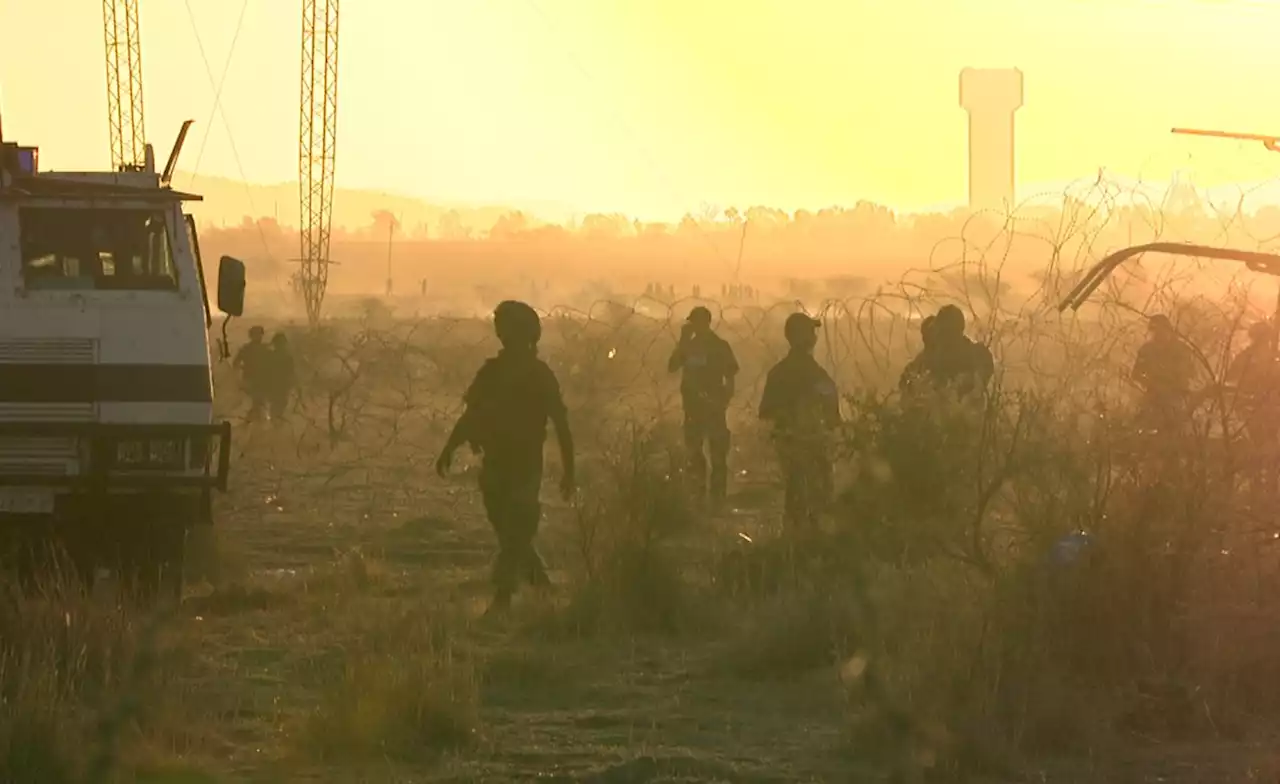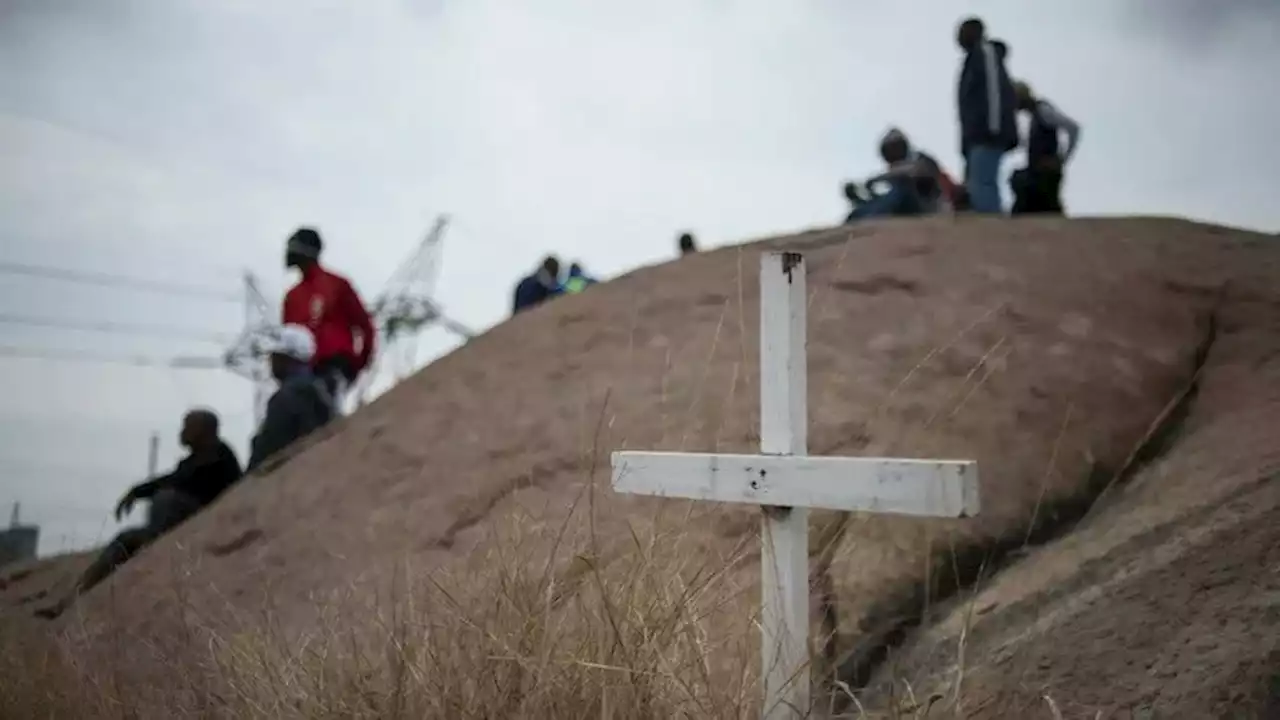Why the majority of South Africans don’t know about the Marikana massacre: A recent survey found that only 40% of South Africans know enough about Marikana massacre to be able to explain it to a friend
Awareness of the Marikana massacre was similar to the FeesMustFall Movement, with 16% having heard of the latter, 41% displaying limited knowledge and 40% no awareness. Familiarity of the 1976 Soweto youth uprising was marginally lower, and significantly lower in the case of the Sharpeville massacre.
“But those are very complex issues particularly when there are issues of accountability and culpability, which haven’t yet been addressed … Can the state go and provide memorials when they are seen as potentially part of the perpetrators of what happened 10 years ago? But what is sad is that there is no fundamental basic awareness, particularly when we want to deal with the trauma and deal with the pain.
“What does it mean about the society we live in and what does it mean about what kind of society do we want? It goes back to The most surprising finding is the relatively low awareness among those in the North West. “This raises the question of whether this may partly reflect an attempt to actively forget or suppress traumatic memories associated with the August 2012 events in Marikana.”
Those that believed that historical events were important for people living in South Africa today were two and a half times more likely to confidently explain the events of Marikana relative to those believing that such events are unimportant .
South Africa Latest News, South Africa Headlines
Similar News:You can also read news stories similar to this one that we have collected from other news sources.
 South Africa: Remembering Marikana Massacre 10 Years Later - South African News Briefs, August 16, 2022
South Africa: Remembering Marikana Massacre 10 Years Later - South African News Briefs, August 16, 2022
Read more »
 Reliving Pain, Betrayal of South Africa's Marikana MassacreFamilies of victims of the Marikana Massacre have said that a sense of betrayal and injustice remains, 10 years after the shooting of the miners who were on strike for higher wages and better living conditions. Survivors and families of those killed by police officers, continue a struggle of seeking accountability and litigation which, to date, has amounted to about R76 million paid by the State. More recent developments have seen President Cyril Ramaphosa held personally responsible, with many citing his conduct during the event, as a factor that contributed to the deaths of the miners. Those seeking legal action have taken the case to the Johannesburg High Court and are seeking R1 billion in damages from the president and metals producer Lonmin - now owned by Sibanye-Stillwater. The 2012 tragedy saw miners demanding a living wage of at least R12,500 per month - about U.S.$758 at the current exchange rate - shot by police officers. 34 miners were fatally shot while two police offers and two security guards were killed by the striking mineworkers. The massacre became a watershed event in South African history, making global headlines, and, according to The Conversation, was so brutal that it was likened to the 1960 Sharpeville Massacre, where apartheid police shot and killed 69 unarmed, fleeing civilians.
Reliving Pain, Betrayal of South Africa's Marikana MassacreFamilies of victims of the Marikana Massacre have said that a sense of betrayal and injustice remains, 10 years after the shooting of the miners who were on strike for higher wages and better living conditions. Survivors and families of those killed by police officers, continue a struggle of seeking accountability and litigation which, to date, has amounted to about R76 million paid by the State. More recent developments have seen President Cyril Ramaphosa held personally responsible, with many citing his conduct during the event, as a factor that contributed to the deaths of the miners. Those seeking legal action have taken the case to the Johannesburg High Court and are seeking R1 billion in damages from the president and metals producer Lonmin - now owned by Sibanye-Stillwater. The 2012 tragedy saw miners demanding a living wage of at least R12,500 per month - about U.S.$758 at the current exchange rate - shot by police officers. 34 miners were fatally shot while two police offers and two security guards were killed by the striking mineworkers. The massacre became a watershed event in South African history, making global headlines, and, according to The Conversation, was so brutal that it was likened to the 1960 Sharpeville Massacre, where apartheid police shot and killed 69 unarmed, fleeing civilians.
Read more »
 South Africa: Ten Years On - the Possibility of Holding Ramaphosa Personally Liable for the Marikana TragedyAnalysis - While South Africa's labour laws are either celebrated or bemoaned as some of the most progressive in the world, even progressive collective bargaining law accepts unquestioningly the desirability of maintaining the basic structure of a liberal capitalist order.
South Africa: Ten Years On - the Possibility of Holding Ramaphosa Personally Liable for the Marikana TragedyAnalysis - While South Africa's labour laws are either celebrated or bemoaned as some of the most progressive in the world, even progressive collective bargaining law accepts unquestioningly the desirability of maintaining the basic structure of a liberal capitalist order.
Read more »
Accusing government of inaction, South Africans are making the step appA growing number of South Africans say they are using mobile apps to deal with government shortcomings, from finding blackout schedules to filling in potholes or seeking mental health support.
Read more »
